By Riley Kim | 10th October, 2022
College applications and English class essays piled on the floor, computers on the brink of dying, a clock hand pushing midnight: welcome to the everyday life of a high school student. Desperate for a pick-me-up to get them through late-night study sessions, many students are snubbing traditional brain refreshers (sleep, food, rest) for an easy fix with complex long-term effects: energy drinks. Research shows the harms of energy drink consumption, especially in adolescents, heavily outweigh their temporary benefits.

These are some of the most common energy drinks(caffeinated) teenagers consume daily.
More Stress, Not Less 😫
In high-stress environments, caffeine is a common coping mechanism. Yet ironically, caffeine consumption can increase stress. Drinking an energy drink or a similar amount of a highly caffeinated beverage releases cortisol - otherwise known as ’the stress hormone’ - into the body, which creates heightened feelings of anxiety and discomfort.
According to a study by the Duke University Medical Center, caffeine’s stress-elevating effects last for multiple hours; a combination of a physical increase in stress hormones and a heightened psychological perception of stress levels in subjects supports this conclusion.
Caffeine culture in stressful environments also often increases the risk of caffeine abuse and addiction. To many high school students, not only in the US but also worldwide, caffeine consumption is a natural response to the workload put on them. Throughout high school, especially in challenging curriculums, everyone inevitably develops some kind of relationship with caffeine. It may be a common story for many to need at least one cup of coffee every morning, sometimes two, sometimes three, and then another when they get home to keep themselves awake to do their homework.
Health Harms! ☠️
Caffeinated drinks - especially energy drinks- carry a mixture of health-related harms that affect behavior, skin, blood pressure, and neutral activity.
Researchers at the Harvard Cahn School of Public Health found long-term research trials on energy drink consumption reflect:
- increased aggressive tendencies
- heightened susceptibility to alcohol and cigarette abuse
- higher risk of obesity and diabetes
- worsened sleep quality
The CDC recommends adolescents sleep between eight and ten hours per night; most high school students sleep less than seven hours.

Source:Teeccino
With schoolwork and other activities outside of school, students tend to run out of time and must start eating away at their sleep. Many agree that caffeine is what’s necessary to be awake.
Furthermore, in adolescents who already struggle with acne, caffeine can worsen skin by dehydrating the skin barrier. Because drinking caffeine produces cortisol, the ’stress hormone,’ and circulates it throughout the body’s bloodstream, these cortisol increases can also lead to heightened oil production in the sebaceous glands and make teenagers more prone to breakouts, according to a Duke University study.
And because of caffeine’s stimulant properties, caffeinated drinks can lead to sudden spikes in blood pressure, which can damage the heart, blood vessels, and kidneys, according to the Mayo Clinic.
Long-term, continued caffeine consumption can permanently alter organs and lead to lifelong damage.
The scariest part of caffeine consumption is its effects on the brain’s neural makeup. Because of caffeine’s addictive properties, the Cleveland Clinic found the brain develops a dependence and higher and higher amounts of caffeine, altering the mesolimbic dopamine pathway of the brain’s ’reward circuit.’
⚠️ Caffeine Is A Drug.
Any time people introduce a direct drug to their brains, they need more of it to receive equivalent effects.

Caffeine addiction is a prevalent problem that is often dismissed in teenagers.
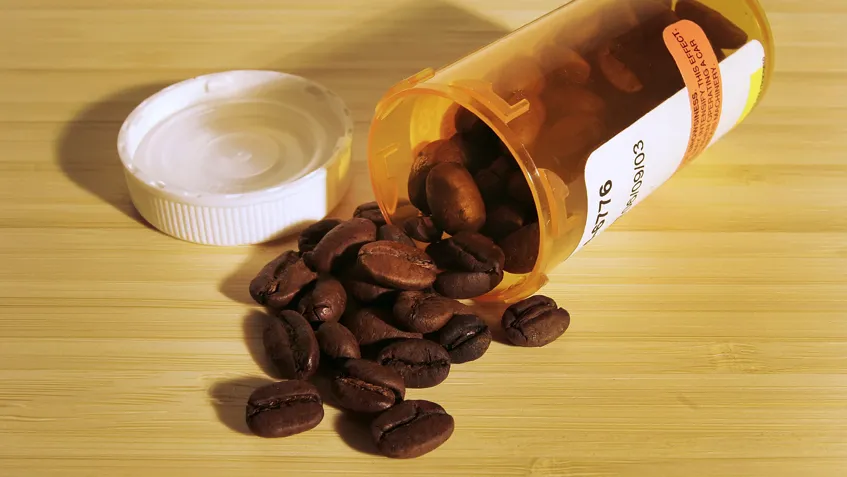
Caffeine is oftentimes known as the ’gateway drug’ to other more life-threatening drugs.
Tricking Teens?! 👿
Major manufacturing companies tactfully market their products to adolescents to gain revenue.
Enticing consumers with sweetened flavors or magical performance enhancement, these companies largely attract a minor audience unaware of the health implications caused by caffeine addiction.
There is a longstanding history of misleading advertisements in the United States. Deceitful marketing goes back to the 1950s when the Folgers coffee commercial said it was the American dream to get up in the morning and pour a cup of coffee to start your day.
A 2013 study by the Drug Abuse Warning Network found that the amount of energy drink-related emergency room visits virtually doubled between 2007 and 2011. From this, 30% to 50% of all energy drink consumption was reported to be ranging from children, adolescents, and young adults.
On April 30, 2014, the American Beverage Association attempted to curb this unfair exploitation. Requiring products to stop marketing energy drinksas dietary supplements, listing the actual caffeine content on the labels, and discouraging children 12 years old and under from purchasing, the ABA prohibited 95% of the United States energy drink distribution to uninformed children.
This policy, however, protects only a fraction of the adolescents affected. According to a 2018 report conducted by the National Library of Medicine, 41% of teenagers between the ages of 13 and 17 had consumed an energy drink within the past three months.
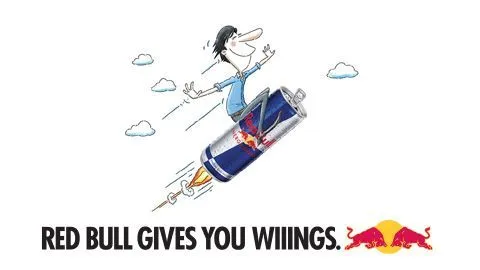
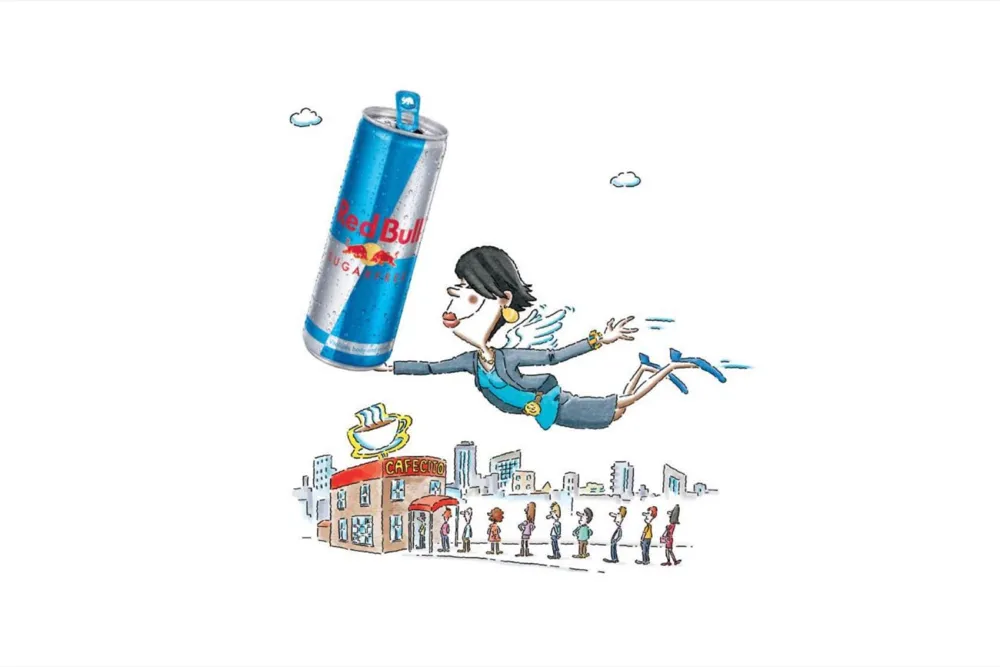

Red Bull’s famous tagline, ’Red Bull Gives You WIIINGS’, is a great example of how energy drinksare marketed and advertised in public.
One reason for this is the overwhelming presence of energy drinksonline. Specifically targeting a juvenile age demographic, popular energy drink brands have tapped into social media to establish their name. Euromonitor International, a market research company, reports that between 2013 to 2018, the energy drink category achieved $12.3 billion in sales since the influx of social media advertising. Energy drinksare also often seen in the hands of popular social media influencers and celebrities. Energy drinkshave naturally become a staple for overworked teens looking for an immediate energy boost.
’If you drop your pencil, you’re behind’ is the dominant high school culture not only in the US but also internationally. This gaslights students into throwing themselves into the pool of energy drinksand resorting to them whenever they feel anxious or need to pull an ’all-nighter’ (staying up the whole night and studying).

Students use energy drinksto stay up late and keep them awake when they ’should’ really be sleeping.
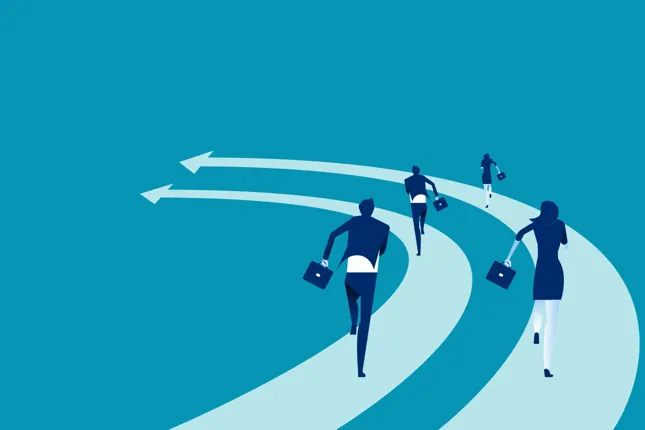
Students in high school are pulled into the endless race of toxic competition.
Finding Alternatives! 👍🏻
Though there may be advantages to ingesting a couple of energy drinksfrom time to time, the best solution for replenishing your body is food and adequate sleep.

Healthy, balanced food.

Adequate, good-quality sleep.
For most teenagers, simply eating breakfast would be a good alternative. A fulfilling and nutritious breakfast would last teenagers enough to avoid energy drinksto energize their bodies artificially. All the necessary energy for the day would naturally accumulate through enjoying a healthy meal before school!
As the students munch their breakfast, the brain starts working and pumping up for the day!
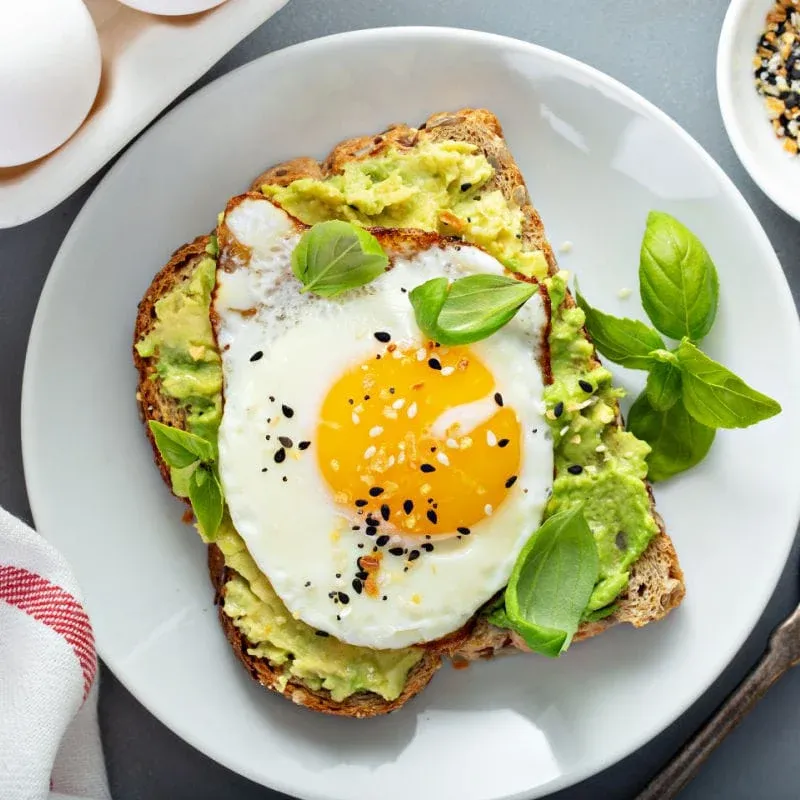
An avocado toast with a fried egg on top

Pancakes and bacon with strawberries and blueberries
No manufactured alimentary supplement can ever outshine the reliability of a well-balanced lifestyle!
📌 Key Takeaways 📌
- The danger of energy drinks lies in their potency and common over-usage by teenagers.
- Teenagers are not fully informed or may not realize the extremely damaging nutritional makeup of energy drinks - they are fooled by the mass media’s positive portrayal of the drinks.
- Caffeine is a drug that tricks you into thinking that you want more when you actually do not need it to stay awake or fight anxiety.
- There are numerous reasons teenagers are more easily exposed to energy drinks - 1. overwhelming media presence of energy drinks / 2. prevalent social media coverage / 3. toxic competition culture at school.
- Some easy alternatives to energy drinks could be enjoying balanced diets, getting adequate sleep, and eating breakfast!
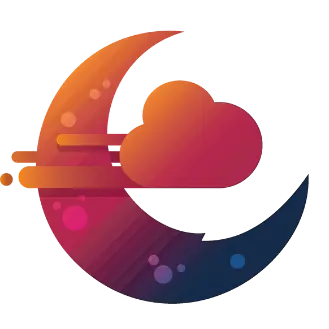

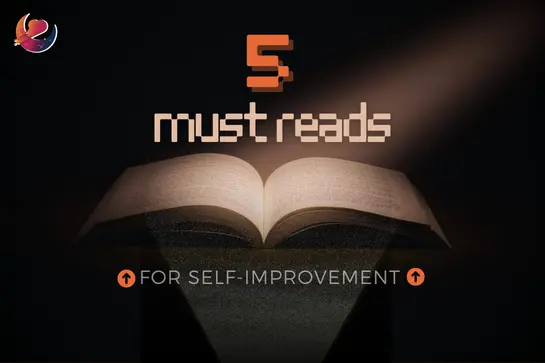

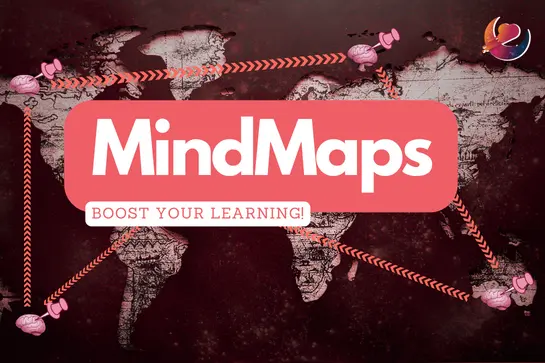
Forgot password?
Close message
Subscribe to this blog post's comments through...
Subscribe via email
SubscribeComments
Post a new comment
Comment as a Guest, or login:
Connected as (Logout)
Not displayed publicly.
Comments by IntenseDebate
Reply as a Guest, or login:
Connected as (Logout)
Not displayed publicly.